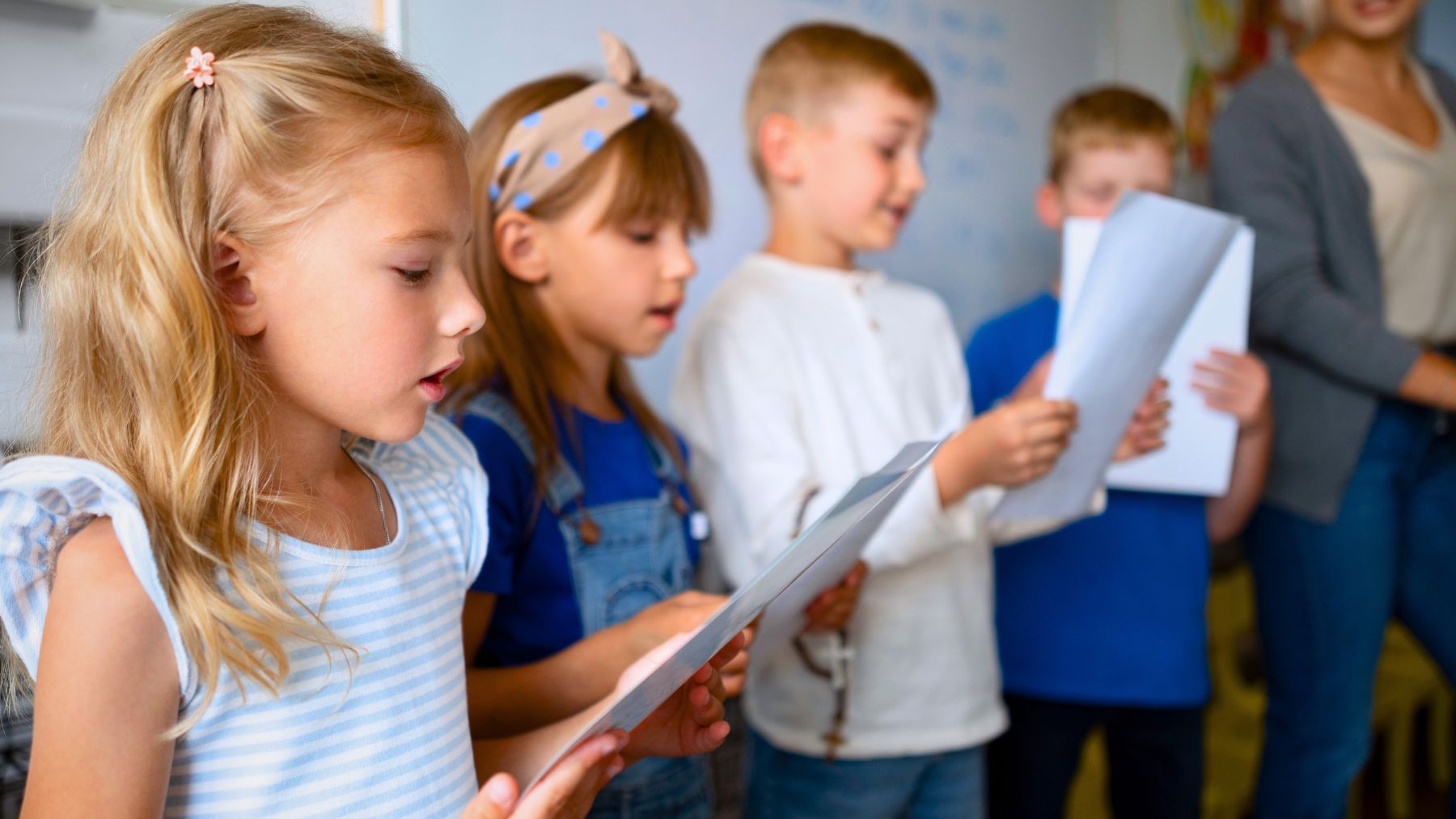Parents and traditional education typically emphasize languages, science, or sports for their kids’ development. However, child psychologists and educational researchers highlight a distinctive foundational skill with multiple benefits: playing a musical instrument.
Engaging in musical training can shape young minds for success in diverse fields such as the arts, STEM, and even social sciences. In the following sections, we’ll explore why playing an instrument stands apart and examine the specific, lasting benefits it cultivates in children.
Playing an instrument: a skill all children can benefit from
Whether playing the piano, guitar, drums, violin, or any other instrument, children activate brain areas related to motor control, auditory processing, pattern recognition, emotional intelligence, and creative thinking. This stimulation fortifies neural connectivity and supports improvements in IQ, language acquisition, and even mathematical reasoning. But there are other benefits beyond the cognitive ones.
Building discipline and focused time management
Music offers children a profound appreciation for the value of time and deep concentration. Regular practice sessions highlight the tangible cost of distractions and reinforce that deliberate focus leads to progress. In this way, children can naturally develop discipline and a respectful sense for managing time, ensuring that tasks are approached thoughtfully rather than rushed.
Fostering resilience and embracing challenges
Music uniquely encourages kids to confront difficulties rather than shy away from them. Mastering a challenging passage demands confronting obstacles without taking shortcuts. Repeatedly facing these struggles trains young minds to interpret discomfort as a signal for potential growth, transforming setbacks into lessons in resilience.
Enhancing emotional regulation and self-awareness
Engaging with music also equips children with effective strategies for managing their emotions. Through the interplay of sound, rhythm, and controlled breathing, they learn to shift their inner state proactively. This capacity can be invaluable during stressful moments, such as examinations or social conflicts, and contributes significantly to long-term emotional intelligence.
Transforming boredom into productive time
Instead of falling into mindless repetition, children come to understand that a sense of boredom signals a loss of clear focus. By channeling this awareness into efforts like increasing finger agility or perfecting rhythm, they learn to identify and pursue meaningful objectives behind every practice session.
Stimulating creative problem-solving and innovation
When obstacles arise during musical practice, children are encouraged to explore creative solutions. They might experiment with rearranging fingerings, improvising variations, or even composing new approaches. This process transforms moments of frustration into catalysts for innovation, demonstrating that hitting a wall is often the starting point for inventive breakthroughs.
Fostering empathy and interpersonal connections
Playing an instrument nurtures not only technical skills but also empathy and social connection. Children instinctively envision sharing their musical creations to move and inspire others. This shift from focusing only on personal achievement to creating value for a broader community helps them develop stronger teamwork, communication skills, and a deeper understanding of others.
Introducing music lessons at an early age lays the foundation for a versatile pathway to success. It bolsters brainpower, nurtures discipline, enhances resilience, and sparks creativity, not only to meet academic and social challenges but also to equip them with core skills essential for every facet of life.

